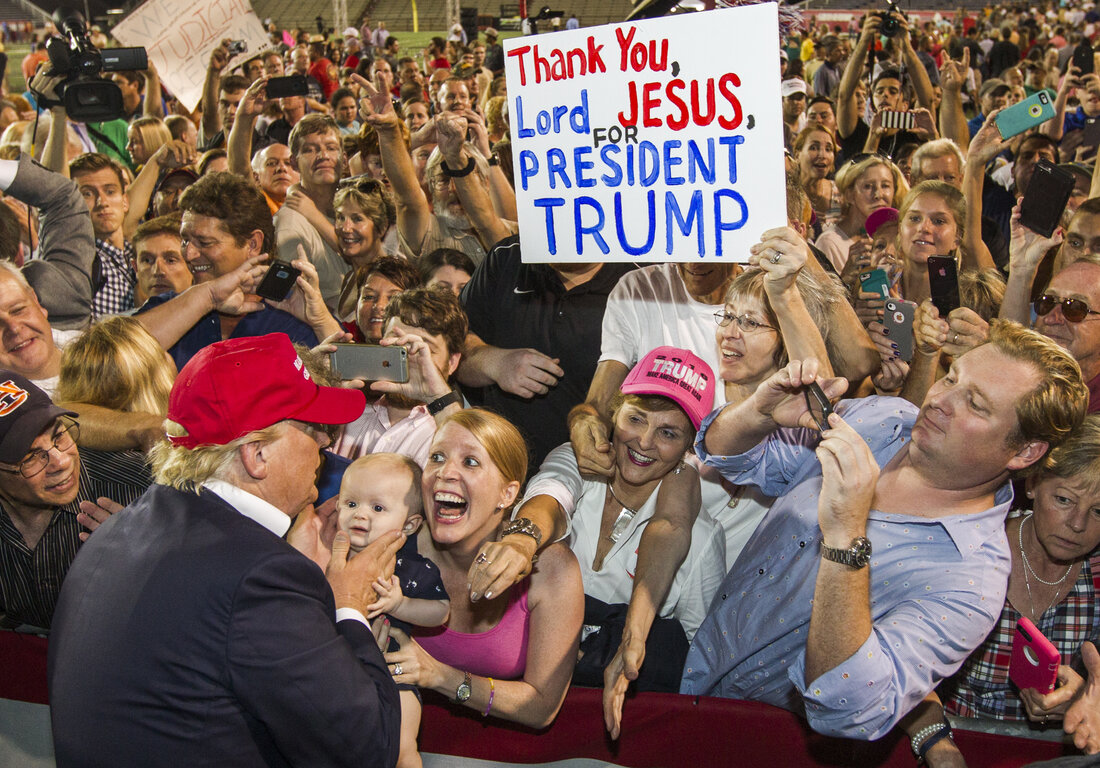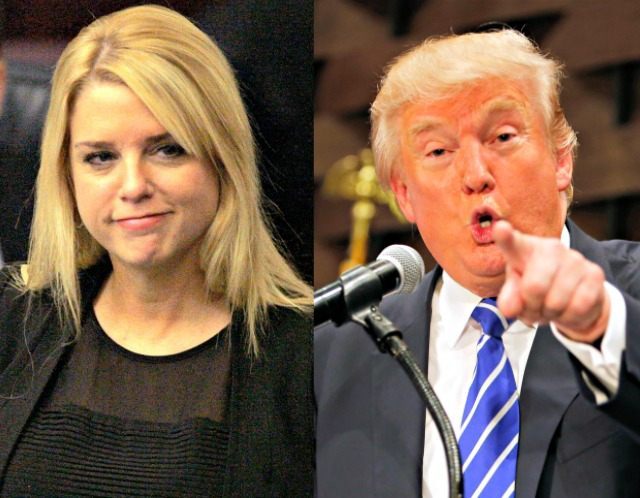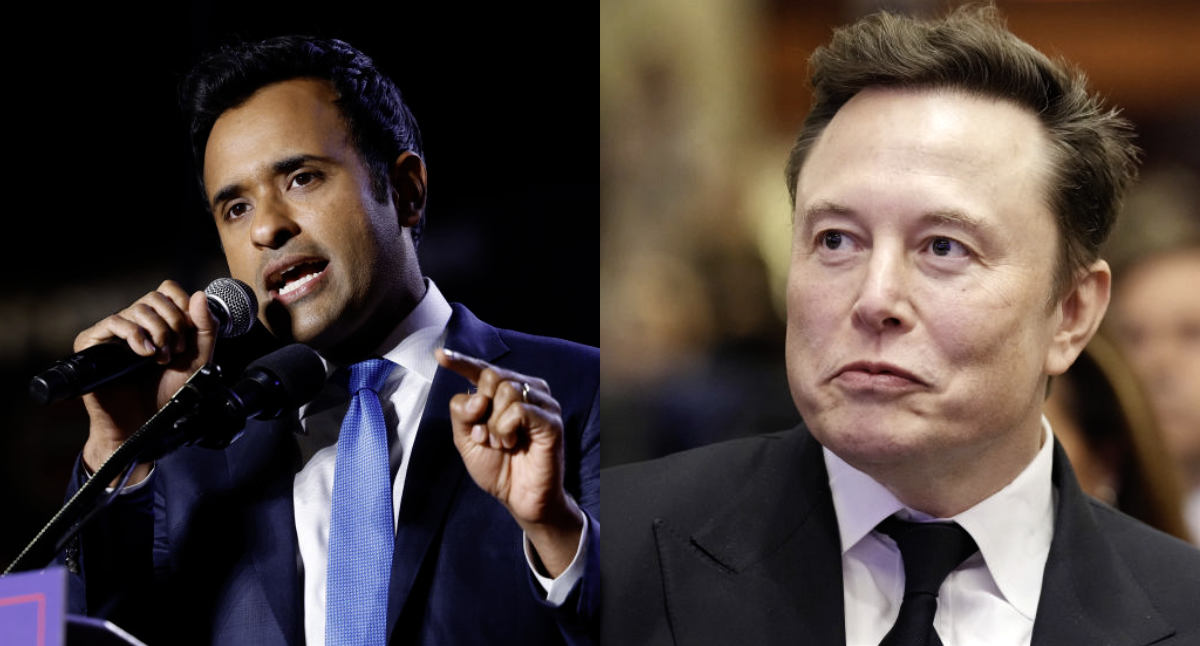In a resounding demonstration of the political influence of faith-based voters, Christian Americans played a pivotal role in securing President Donald Trump’s reelection in 2024, according to a study from the Cultural Research Center at Arizona Christian University.
This decisive contribution underscores the growing political alignment between conservative Christian values and the Republican platform.
Mobilizing the Faithful
The Cultural Research Center’s post-election analysis revealed that approximately 81% of self-identified evangelical Christians cast their votes for Trump, a sharp contrast to the 14% who supported Joe Biden. This overwhelming support among evangelicals was matched by a substantial turnout of Protestant and Catholic voters, making the Christian electorate a cornerstone of the Trump coalition.

Dr. George Barna, the study’s lead researcher, noted the unprecedented nature of the Christian voter turnout. “The unity among Christian voters this year was unparalleled. This demographic not only showed up in record numbers but also voted overwhelmingly in favor of conservative values,” he said.
The study highlights that over 41 million self-identified Christians who had abstained from voting in previous elections made their voices heard in 2024. Their participation was heavily influenced by concerns over religious freedom, traditional family values, and the protection of unborn life—all issues championed by Trump during his campaign.
Christian Talk Podcast
Conservative Values Drive the Vote
The Trump administration’s policies on religious liberty and pro-life advocacy resonated strongly with Christian voters. Many credited his unwavering stance against government overreach and his judicial appointments—particularly to the Supreme Court—with cementing his appeal among religious conservatives.
Mary Brown, a voter in Arizona, said, “Trump has proven he’s willing to fight for the values we hold dear. He’s the only candidate who stands unapologetically for life, faith, and freedom.”
This sentiment was echoed in a commentary published by The Washington Stand, which urged Christians to recognize their moral duty to vote. The piece, aimed at mobilizing reluctant Christian voters, emphasized the biblical imperative to engage in civic life, noting that abstention in elections undermines the ability to influence society for the better.
Election Outcomes: A Testament to Faith-Based Influence
The data demonstrates that the Christian vote was not only a significant factor but a decisive one in key battleground states. States like Michigan, Wisconsin, and Pennsylvania—where Trump’s 2020 campaign faced narrow losses—swung back into the Republican column, largely due to increased turnout among conservative Christians.
Barna’s report emphasizes that without the overwhelming support of Christian voters, Trump’s path to victory would have been substantially narrower. “This election was won in the pews,” Barna remarked, highlighting the impact of coordinated voter drives among church communities.
Challenges Ahead for Faith-Based Advocacy
Despite the victory, conservative Christians are acutely aware of the challenges ahead. While the Republican platform aligns with their values, the culture wars continue to intensify. Issues such as gender ideology, the sanctity of marriage, and parental rights in education remain at the forefront of national discourse.
In light of these challenges, faith leaders have called for continued vigilance and active participation in shaping America’s future. Tony Perkins, president of the Family Research Council, urged Christians to stay engaged. “This victory is a reminder of the power of unity and faith, but the work is far from over. We must remain steadfast in defending biblical truth in the public square,” he said.
Implications for 2028 and Beyond
Trump’s 2024 reelection highlights a shift in the political landscape where the Christian vote is not merely influential but essential. This newfound momentum could redefine the strategies of both parties as they prepare for future elections.
While Democrats have often relied on identity politics and progressive agendas, their inability to address the concerns of religious voters may signal a growing rift between secular progressivism and traditional faith communities. For Republicans, the lesson is clear: maintaining a strong connection with Christian voters is not optional but imperative.
Conclusion
As the dust settles on the 2024 election, one fact remains undeniable: Christian voters have established themselves as a political force capable of shaping the nation’s trajectory. Their unity and determination in this election demonstrate that faith-based values continue to resonate deeply within the American electorate.
For millions of Christians, Trump’s victory is not just a political triumph but a testament to the enduring relevance of their beliefs in public life. As America moves forward, the influence of this demographic will undoubtedly remain a defining feature of the nation’s political landscape.





